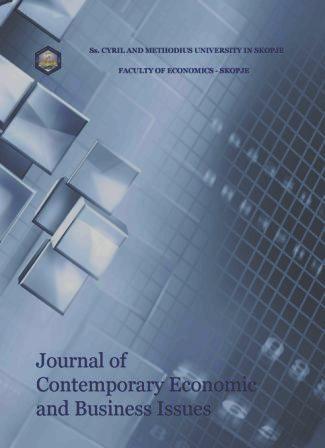Testing for Ricardian Equivalence in Indonesia
Keywords:
Ricardian equivalence, co-integration, error-correction estimationsAbstract
There are competing “views” on the economic effects of debt finance. One view argues that tax and debt finance have identical effects on various economic measures, a view sometimes termed “Ricardian Equivalence”. However, this “Ricardian view” remains controversial, with other views (the “Keynesian view” and the “Neoclassical view”) concluding that debt finance is likely to have significant impacts on consumption, interest rates, and the current account. Empirical tests of these competing views, conducted mainly for developed countries, have failed to generate much consensus, and there are few studies for developing countries, especially a developing country that is heavily dependent on natural resources (e.g., oil). This paper provides a battery of empirical tests on the effects of government debt finance in one developing country, Indonesia. We focus on three empirical tests: effects on consumption, on interest rates, and on the current account balance. We find, across virtually all of our time series tests, that Ricardian Equivalence does not hold; that is, the predictions of the Ricardian paradigm are consistently and strongly rejected by most of our estimation results. The only results that tend to give some support to Ricardian Equivalence are those that recognize the importance of oil in the Indonesian economy. Even so, our results generally indicate that debt finance will increase the interest rate, will increase current consumption at the expense of future consumption, and will retard exports and stimulate imports through currency appreciation.
References
Downloads
Published
Issue
Section
License
Authors retain copyright of the published papers and grant to the publisher the non-exclusive right to publish the article, to be cited as its original publisher in case of reuse, and to distribute it in all forms and media.
Authors are permitted to deposit publisher's version (PDF) of their work in any repository, personal and institutional websites, but full bibliographic information (authors, titles, volume, issue etc.) about the original publication must be provided.

